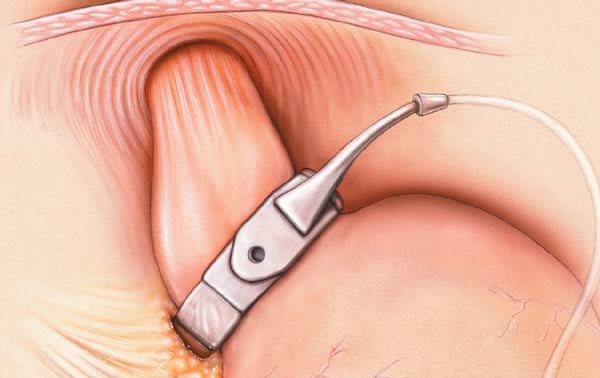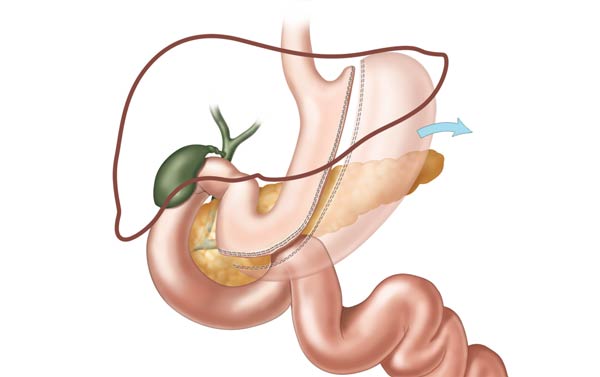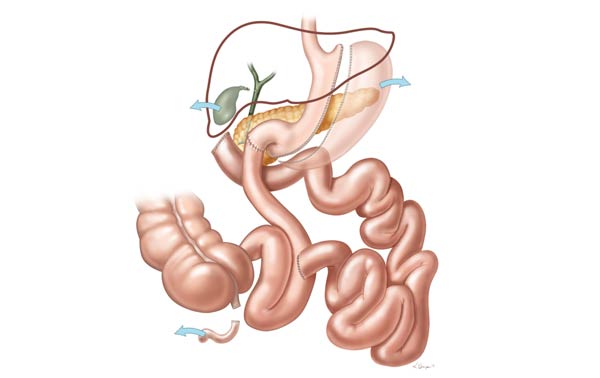Bariatric Surgery

If you’re considering weight loss surgery...
Severe obesity is a chronic medical condition that adversely affects the health and quality of life of many people in the United States. Most of these individuals have made serious attempts to lose weight through diet programs and exercise routines, but the efforts have not been successful in helping them achieve substantial and permanent weight loss.
Obesity is a very difficult disease to treat. If a person is 100 pounds or more overweight, they may not be able to lose the excess weight with diet modifications and exercise alone. For these individuals, surgical treatment for obesity is often considered the most effective weight loss option.
Weight Loss Procedures
What are my weight loss surgery options...
Bariatric surgery, commonly referred to as weight loss surgery, is the surgical treatment of obesity that involves making changes to the digestive system. The changes made to the body will help a person lose weight by either restricting the amount or type of food that can be eaten (a restrictive procedure) or by limiting the amount of food that is absorbed by the body (a malabsorptive procedure).
The most common bariatric surgery procedures performed today are Roux-en-Y gastric bypass surgery, adjustable gastric band, sleeve gastrectomy (also known as gastric sleeve surgery), and the biliopancreatic diversion with duodenal switch procedure.
- Gastric bypass surgery is a combination restrictive and malabsorptive procedure. Changes are made to the stomach and intestines to limit the quantity of food that is eaten, the types of food that can be tolerated, and the amount of food that is absorbed by the body.
- Adjustable gastric band, using either the Lap Band System or Realize Band, is a restrictive method of weight loss surgery. This approach works by limiting the amount of food that can be eaten at any one time and slows the digestion process to help control hunger.
- Sleeve gastrectomy, also known as gastric sleeve surgery, is a restrictive procedure that reduces the size of the stomach to limit food intake and affects the release of the hunger hormone to reduce appetite.
- The biliopancreatic diversion with duodenal switch weight loss procedure moderately restricts food consumption (stomach made smaller), but it primarily promotes weight loss through malabsorption (intestines are rearranged).
Surgical Solutions
Do I qualify for weight loss surgery...

Bariatric surgery is not a shortcut to weight loss, nor should it be considered for women who are under 80 pounds overweight or men who are under 100 pounds overweight. Bariatric surgery is major gastro-intestinal surgery reserved for individuals with severe or morbid obesity.
An individual with a BMI of 40 or higher, or a BMI of at least 35 with an obesity related health problem, such as diabetes or heart disease, falls within the patient criteria for bariatric surgery. If non-surgical methods of weight loss have not been effective, surgery may be the next step.
While bariatric surgery has a very good success rate, there are also risks, complications, and lifestyle changes that must be considered. If you fit the guidelines for bariatric surgery, you will then need to consider all aspects of the procedure and decide if weight loss surgery is appropriate for you.











